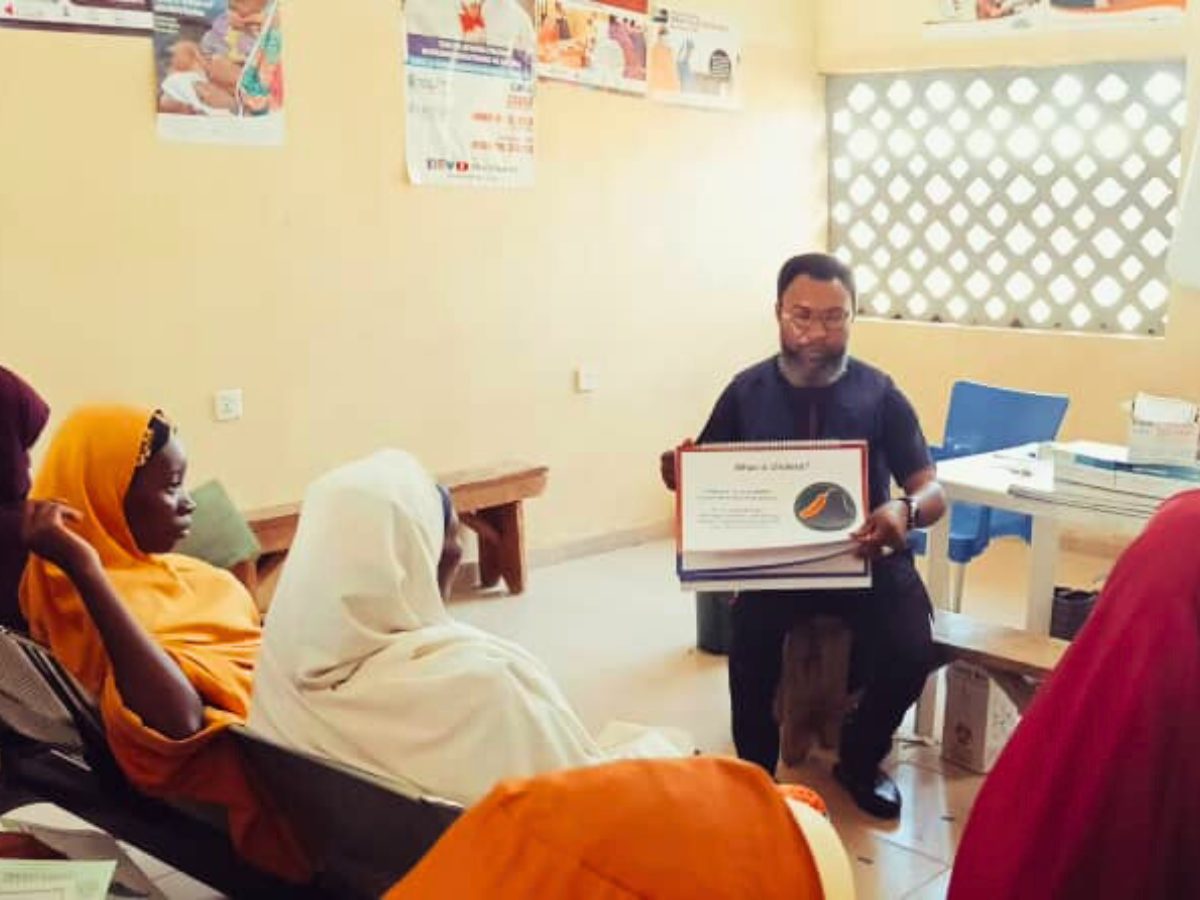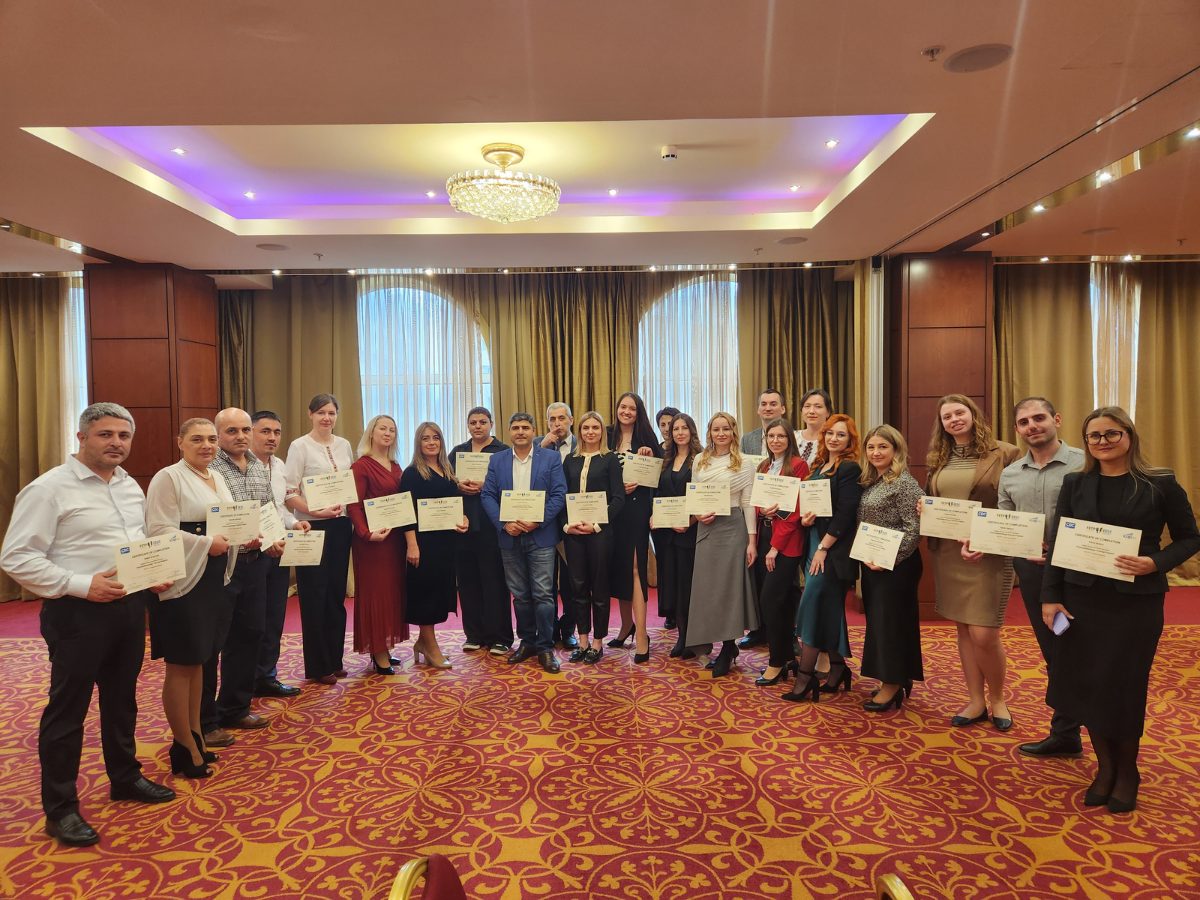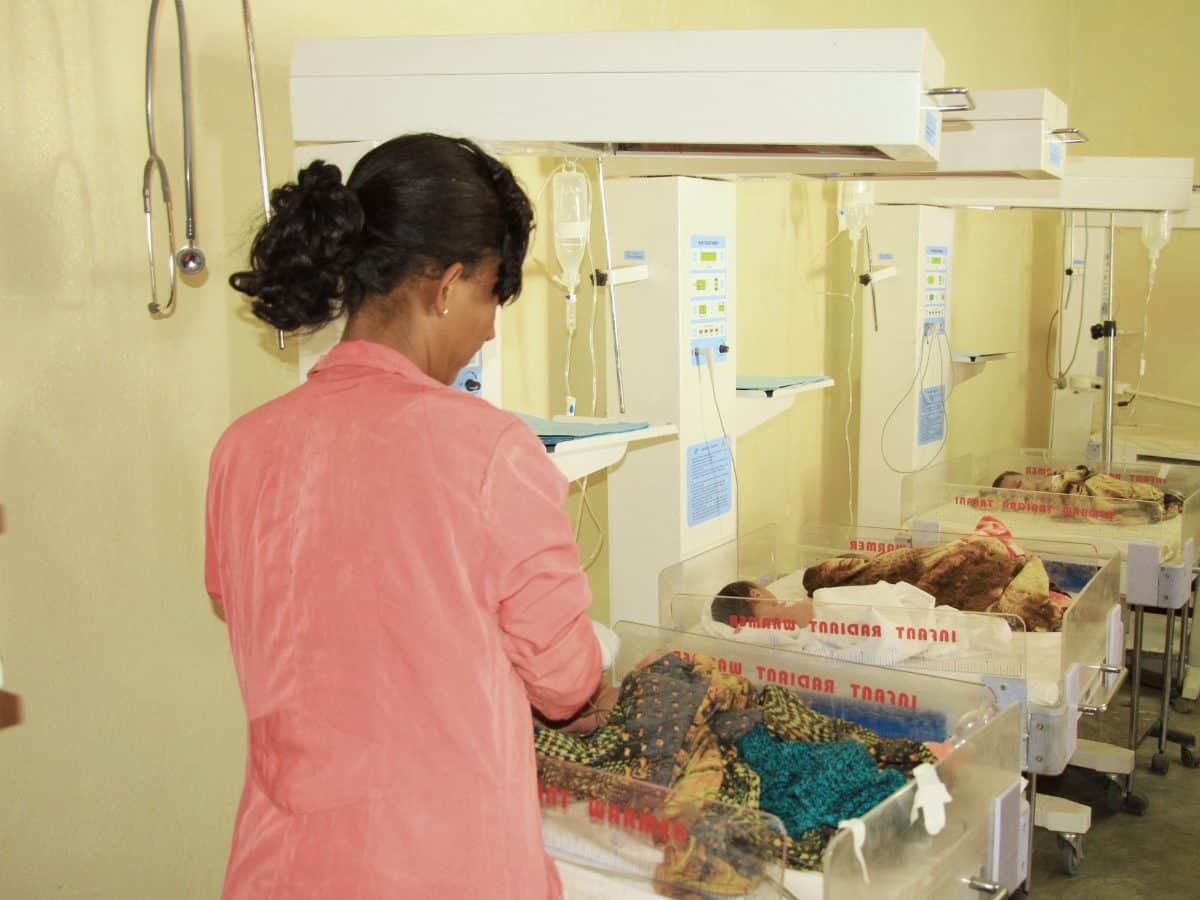This month, 11 Next Generation Fellows from Columbia College, Barnard College, and Columbia’s School of General Studies head abroad to spend two months working on mentored research projects in the Dominican Republic, Kazakhstan, Kenya, Kyrgyzstan, and Swaziland as part of ICAP’s Minority Health and Health Disparities International Research Training (MHIRT) fellowship.
Funded by a T37 grant from NIH’s National Institute on Minority Health and Health Disparities, the program aims to support the development of a diverse research workforce by recruiting, training and mentoring students from underrepresented communities. “ICAP is committed to fostering diversity in its programs,” said Dr. Miriam Rabkin, ICAP’s director of health systems strategies and the director of the T37 program. “We know that diverse teams often outperform homogenous teams when working on complex problems, which makes programs like this one so exciting.”
“This year we’re pleased to add Kenya and Kyrgyzstan to the list of international research sites,” noted Katie Tang, T37 program coordinator. “It will give the students more options, engage new ICAP offices, and allow students to be exposed to a variety of research projects.”
Cole Hickman, a Russian and linguistics major at Columbia College, will travel to Kyrgyzstan to work on ICAP’s assessment of needle and syringe exchange programs designed to reduce the risk of HIV transmission. He will conduct facility observation, participate in focus groups, and assist with data collection and recording.
“I have a family history of health issues and some of my family died from preventable illnesses,” he said. “Personally, this program is a big deal for me. Professionally, it’ll help me figure out the next steps.”
Along with the other fellows, Hickman completed a comprehensive, two-week orientation in New York City where students worked with faculty from Columbia University’s “Mailman School of Public Health (MSPH)”:http://www.mailman.columbia.edu/ and mentors at ICAP. The two-week intensive is a crash-course in the research methods used to explore global health, minority health, and health disparities, as well as a hands-on orientation to the students’ summer research projects. Students are introduced to global health challenges, qualitative and quantitative research methods, and ethical challenges related to research in low-resource settings.
For other students, the fellowship offers an opportunity to enhance their current studies and build on a background in public health. Tiffany Porras, biology major at Columbia College, currently volunteers at clinics in Harlem.
“I work with a range of patients who have no access to health care,” she said. “Sometimes the reasons are big, and sometimes it’s surprising to find out what little thing, like not having a picture ID, is keeping someone from getting care.”
Porras will be training in the Dominican Republic. She will assist with research and data analysis on male adolescent health. Other fellows will be working on a range of studies including prevention of mother-to-child transmission of HIV as well as service delivery for patients co-infected with tuberculosis and HIV.
During their eight weeks abroad, fellows will work hand-in-hand with research mentors at their study sites and in New York. In addition, fellows will utilize a distance learning curriculum, developed by ICAP, to continue their training in key global health issues. The program will culminate in August with a final week of training in New York. Partners include the IFAP Global Health Center at P&S and the “Global Health Research Center of Central Asia”:http://ghrcca.columbia.edu/en/ at Columbia’s School of Social Work.
The Minority Health and Health Disparities International Research Training (MHIRT) fellowship is part of ICAP’s “Next Generation Program”:https://icap.columbia.edu/student-center/internships/, a multi-disciplinary initiative that provides students with hands-on training opportunities in New York and around the world.
+ICAP congratulates the 2015 Next Generation Fellows:+
*Adrianna Aguayo, Barnard College class of 2016*
Kenya: Quality improvement for the prevention of mother-to-child transmission of HIV.
*Nasrin Akter, Barnard College class of 2016*
Kyrgyzstan: Program assessment of a needle and syringe exchange program.
*Mayla Boguslav, School of General Studies class of 2016*
Swaziland: Data quality assessment of LINK4Health Study.
*Elodia Stefany Caballero, Columbia College class of 2017*
Kazakhstan: Demographic and epidemiologic data.
*Avery Cambridge, Columbia College class of 2016*
Kazakhstan: Program assessment of TB/HIV service delivery.
*Carmen Ervin, School of General Studies class of 2016*
Swaziland: Link4Health sub-study.
*Cole Hickman, Columbia College class of 2016*
Kyrgystan: Program assessment of a needle and syringe exchange program.
*Andrea Pacheco, Columbia College class of 2017*
Kenya: Quality improvement for the prevention of mother-to-child transmission of HIV.
*Tiffany Porras, Columbia College class of 2016*
Dominican Republic: Young men’s health needs assessment.
*Cindy Saenz, Columbia College class of 2016*
Dominican Republic: Young men’s health needs assessment.
*Chanique Vassell, Columbia College class of 2017*
Kenya: Quality improvement for the prevention of mother-to-child transmission of HIV.








